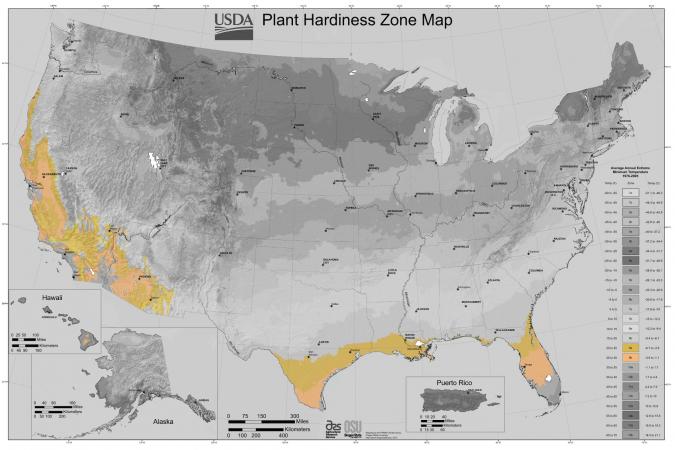Indeed, there are a few reasons why there might be a greater need for butterfly farmers and gardeners in USDA Zone 9.
Biodiversity and Habitat Loss
Zone 9 typically experiences a warm climate, making it suitable for a wide variety of butterfly species. However, urbanization, deforestation, and habitat destruction can significantly impact butterfly populations. As a result, there is a need for butterfly farmers and gardeners to create and maintain butterfly-friendly habitats, providing food sources and breeding grounds for these delicate creatures.

Conservation Efforts
Butterflies are valuable pollinators and play a crucial role in maintaining ecosystem balance. Many butterfly species are also indicators of environmental health. Due to increasing awareness of the importance of biodiversity conservation, there is a growing demand for butterfly farmers and gardeners who can contribute to species preservation efforts by breeding and releasing butterflies into their natural habitats.
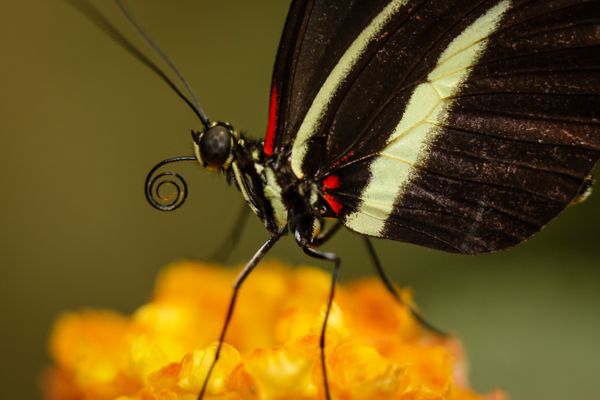
Ecotourism and Education
Butterflies are admired for their beauty and are popular among nature enthusiasts, photographers, and tourists. In Zone 9, where there may be a greater diversity of butterfly species, ecotourism centered around butterflies can be a significant economic opportunity. Butterfly farmers and gardeners can provide educational tours, butterfly exhibits, and opportunities for people to observe and learn about these fascinating insects.
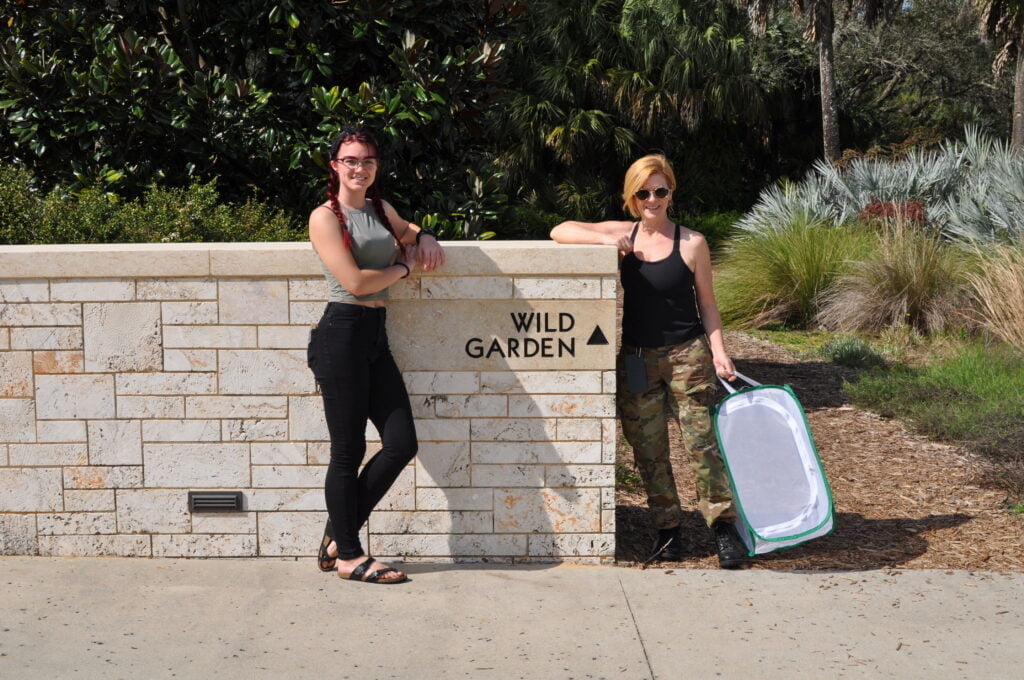
Gardening and Landscaping Trends
Butterfly gardening has gained popularity as a way to create aesthetically pleasing landscapes while also supporting butterfly populations. Zone 9, with its favorable climate, offers a wide range of flowering plants that attract butterflies. As a result, there is an increased demand for butterfly-friendly plants and expertise in designing gardens and landscapes that cater to butterflies’ needs.
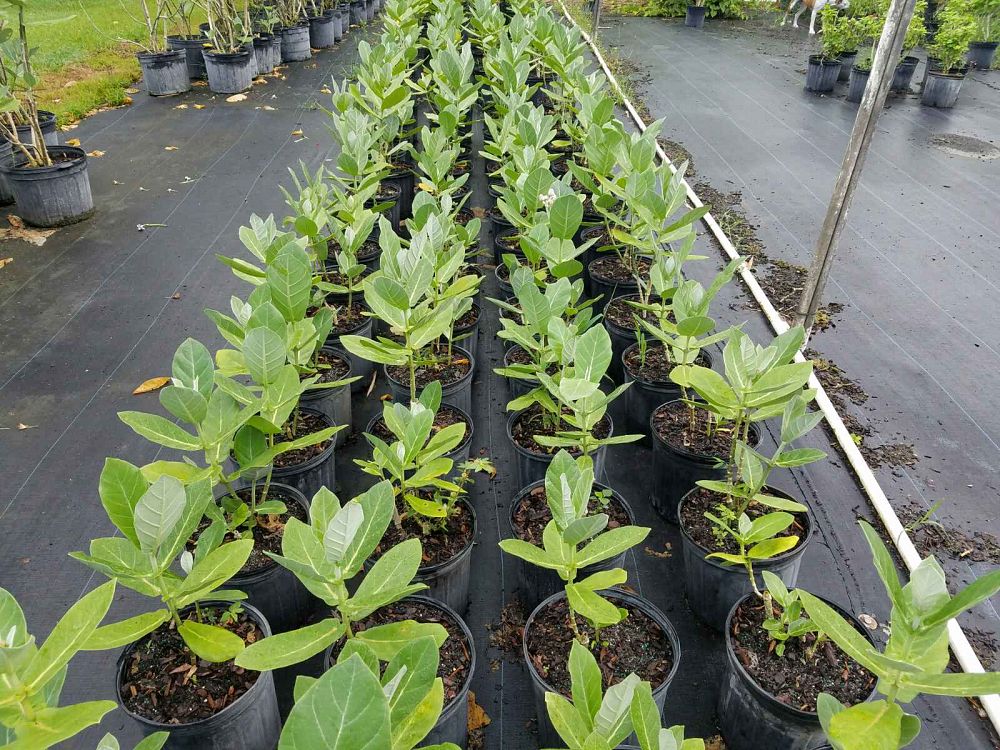
Research and Scientific Study
Butterflies are subjects of scientific research and study, especially in the fields of ecology, conservation biology, and entomology. Butterfly farmers and gardeners can contribute to research projects by providing access to butterfly populations, monitoring their behavior and life cycles, and collaborating with scientists to understand the dynamics of butterfly populations in Zone 9.
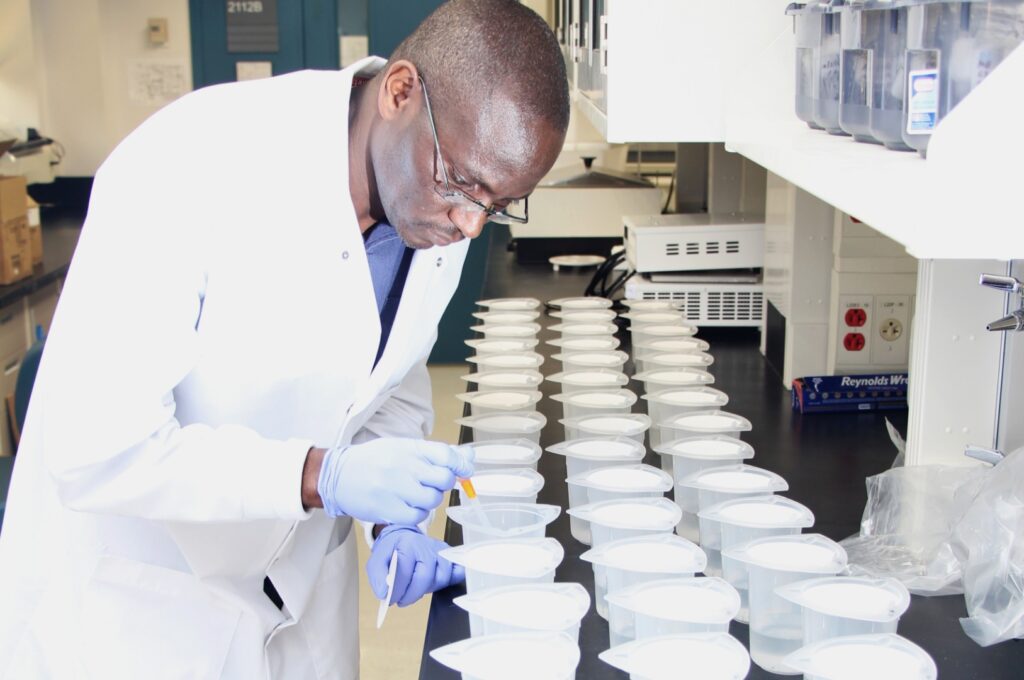
Overall, the need for butterfly farmers and gardeners in USDA Zone 9 stems from a combination of conservation efforts, ecological considerations, economic opportunities, and the desire to promote biodiversity and environmental education. Anytime we combine some, or all of these activities, we will see the restoration of butterfly populations… one day at a time!
